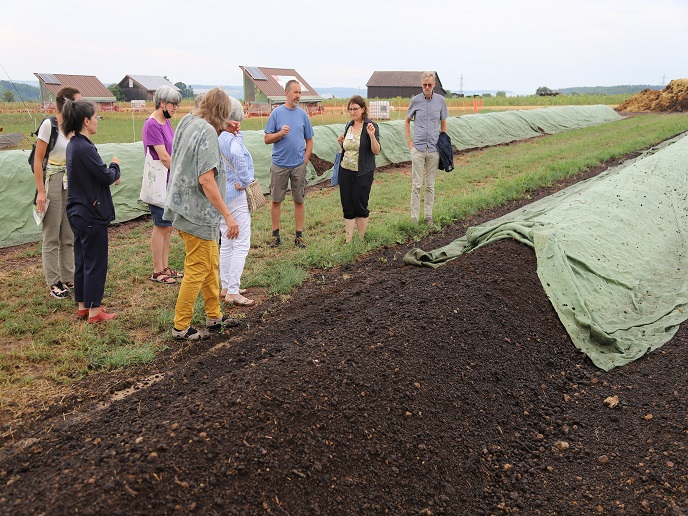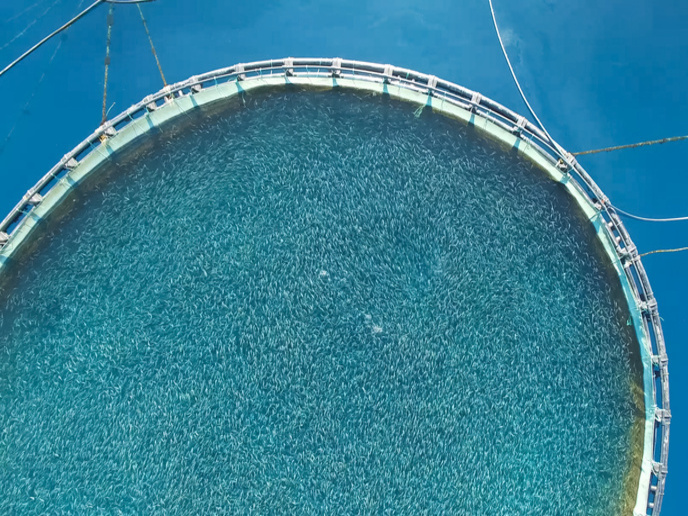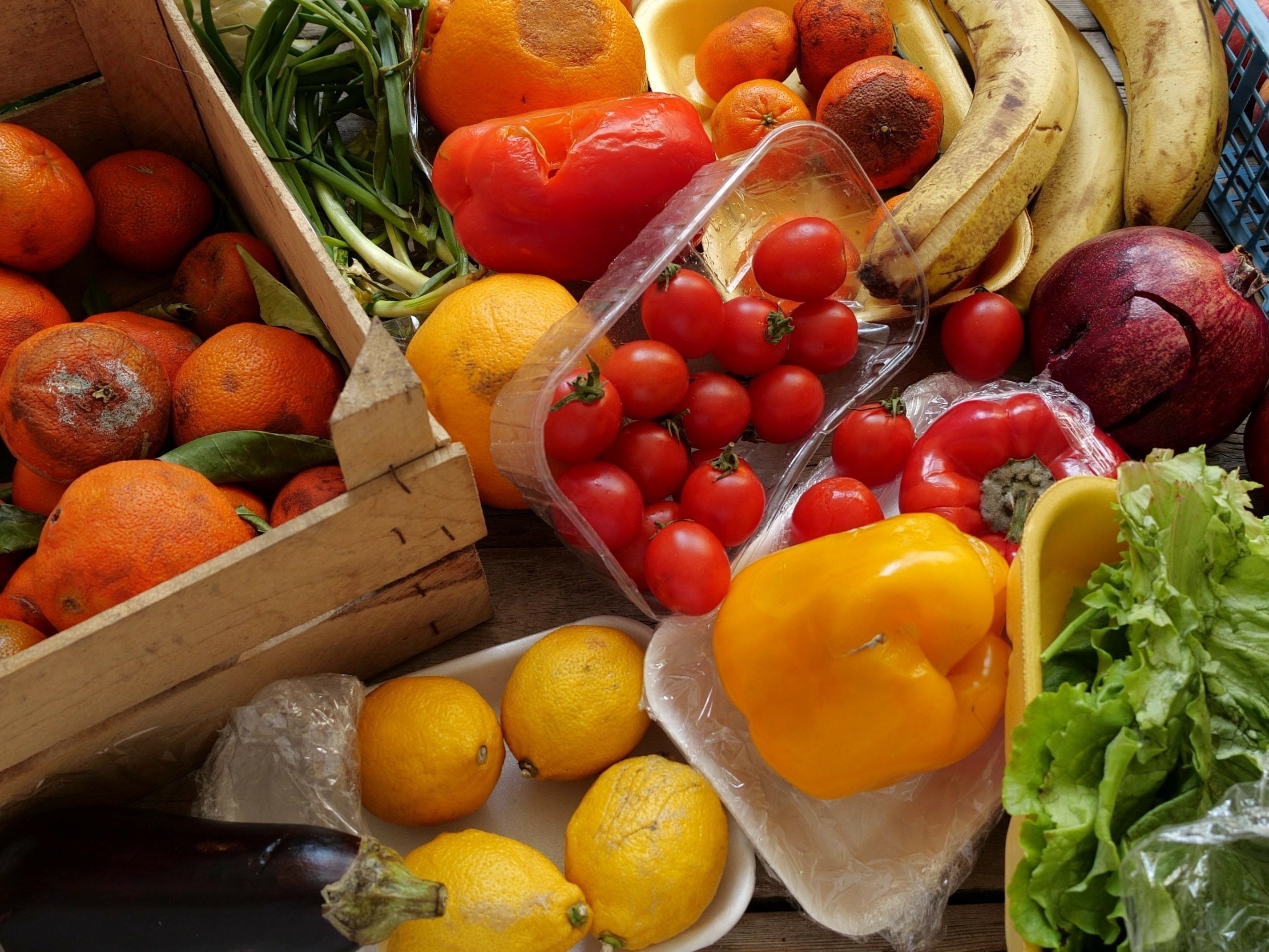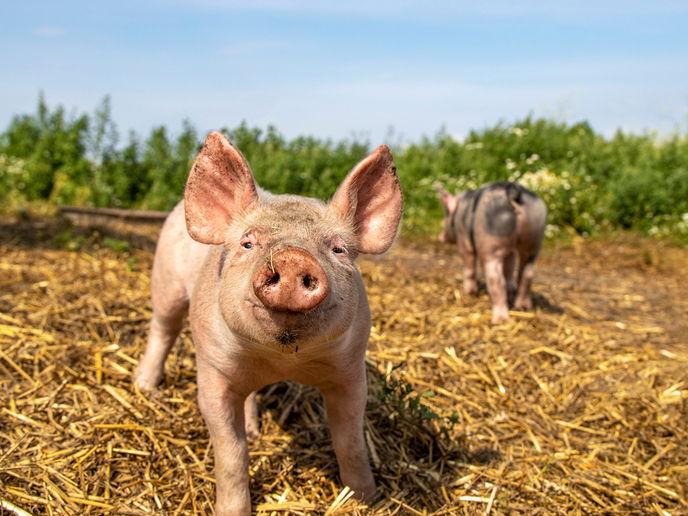Phasing out contentious inputs from organic – and conventional – agriculture
While the EU is committed to having 25 % of agricultural land under organic farming by 2030, a number of challenges within the sector remain. A key priority for the organic sector is to replace certain contentious inputs – such as pesticides made from mineral oil or copper – with sustainable and cost-effective alternatives. The Organic-PLUS (Pathways to phase-out contentious inputs from organic agriculture in Europe) project set out to provide farmers and policymakers with feasible pathways for contentious inputs to be removed or replaced. “We applied ideas of agroecology and ecological economics to analyse various phase-out scenarios,” explains Organic-PLUS project coordinator Ulrich Schmutz, a professor from Coventry University in the United Kingdom. “We wanted to be open about the challenges, and get everyone on board.” The project began by evaluating contentious inputs currently used in European agriculture. This was achieved through expert interviews with conventional and organic farmers, certification bodies, organic suppliers and manufacturers in Europe, with a special focus on Mediterranean countries. The project team also wanted to know how consumers view the issues, and conducted a large-scale, representative consumer survey. Possible alternatives were assessed, and trials conducted to test possible alternatives. The project team then undertook environmental, social and economic assessments of all possible phase-out scenarios. “In this respect, Organic-PLUS complemented other EU-funded projects, such as RELACS,” notes Schmutz. “Using copper in crop protection is a big issue, and each crop is different. Each project was able to look at different crops, to provide a wider picture. The same goes for other contentious inputs.”
Pathways to more sustainable agriculture
Out of this work, a number of phase-out pathways were identified. For example, the project suggests that copper as a fungicide could be reduced from 4 kg/ha per year to 2 kg/ha per year by 2027, with viable alternatives such as plant-based oil entering the market. “This is an issue that has dogged the organic sector for over 30 years,” says Schmutz. “I’m delighted to see that there is light at the end of the tunnel. However, we still need policy support for alternative treatments.” Mineral oils for plant protection, on the other hand, could be phased out immediately, as alternatives are readily available. Another key finding is that fossil fuel-derived plastic mulch could be phased out by 2030. While alternative biodegradable bioplastics are available, they require further research in more applied innovation actions. Peat was another contentious issue that the project tackled. Produced by the decomposition of bog plants, peatlands provide excellent carbon sinks. The drainage, transplantation and use of peat as an organic soil fertiliser was identified as being highly problematic. “The legally agreed phase-out of peat as a growing media in horticulture in the United Kingdom is a good example of how our research can help with sustainable alternatives to contentious inputs,” says Schmutz. “First movers in the phase-out will have a competitive edge in the bio-economy without mining peat and restoring peatlands.” Phasing out antibiotics used in animal production was recognised as a significant challenge, and only possible through a significant redesign of current intensive organic systems. “Without recreating a mixed grazing landscape with agroforestry, farms will have little chance of becoming organic without antibiotics until 2050,” adds Schmutz.
High-quality food, low environmental impact
Schmutz notes that a further issue is that contentious inputs are highly diverse. “Our project was able to develop a model, involving aspects such as life cycle assessments, which could be used to assess other contentious issues in the future.” By phasing out all contentious inputs in organic farming, Schmutz and his team believe that the sector can maintain its leadership in sustainable practices, which might then spill over into conventional farming. There is also hope that the International Federation of Organic Agriculture Movements (IFOAM) will agree with EU standards in phasing out contentious inputs. “We have been able to show how all contentious inputs can be phased out – the only question is when,” he notes. “Our research will also benefit consumers, by being transparent about the costs involved in making our food production more sustainable. This is about creating trust, and consumers valuing the investments made in a phase-out.”
Keywords
Organic-PLUS, agroecology, sustainable, food, organic, farmers, crop, copper, peat, bioplastics, contentious, input







